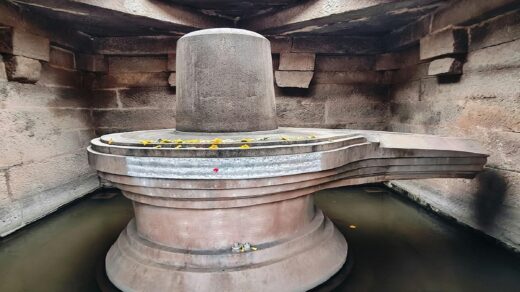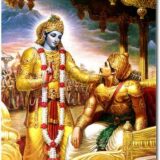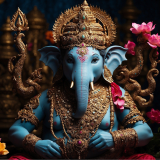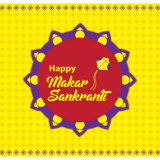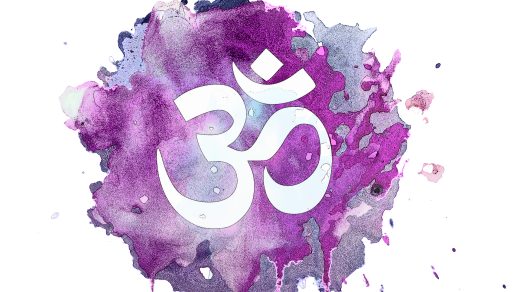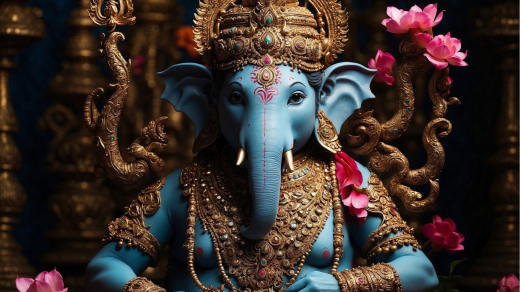Celebrating Makar Sankranti: A Festival of Harvest and Renewal
Sankranti, particularly Makara Sankranti, is a significant harvest festival celebrated in various parts of India, marking the transition of the sun into the zodiac sign of Capricorn (Makara). It typically falls around January 14th each year.
The occasion celebrates the end of the winter solstice and the lengthening of days, symbolizing the arrival of longer days and the sun’s journey northward. It’s a time for harvesting crops, particularly rice and sugarcane, and is marked by various regional customs and festivities, including kite flying, bonfires, and traditional feasts. The festival also holds spiritual significance, with many people taking holy dips in rivers, offering prayers, and seeking blessings for prosperity and health in the coming year.
Celebrating Makara Sankranti: A Festival of Harvest and Renewal
Makara Sankranti, celebrated around January 14th, marks a significant occasion in the Indian cultural calendar. Unlike many festivals that follow the lunar calendar, Makara Sankranti is based on the solar calendar, symbolizing the sun’s transition into the zodiac sign of Capricorn (Makara). This festival not only heralds the end of winter but also celebrates the arrival of longer days, making it a time of renewal, joy, and gratitude.
The Significance of Makara Sankranti
Makara Sankranti signifies a shift in nature. As the sun moves northward, it is believed to bring warmth and light back to the earth after the cold winter months. This transition is celebrated in various ways across India, reflecting the local cultures and traditions.
In many regions, Makara Sankranti is associated with the harvest of winter crops, especially rice, sugarcane, and pulses. Farmers express their gratitude for a bountiful harvest and pray for future prosperity. The festival embodies the spirit of community and sharing, as families come together to prepare traditional dishes and distribute them among neighbours.
Regional Variations
Makara Sankranti is celebrated under different names and with distinct customs across India:
- Pongal in Tamil Nadu: This four-day festival includes cooking a special dish called Pongal, made from newly harvested rice, and is dedicated to the sun god, Surya. The festival also features traditional games and dances.
- Lohri in Punjab: Marked by bonfires, Lohri celebrates the end of winter and the arrival of longer days. People gather around the fire, sing folk songs, and throw sweets and popcorn into the flames as offerings.
- Uttarayana in Gujarat: The festival is famously known for its kite flying, where people of all ages take to the rooftops to engage in friendly competitions, celebrating the spirit of togetherness.
- Magh Bihu in Assam: This harvest festival involves feasting, traditional games, and cultural performances, highlighting the rich heritage of the region.
Traditions and Customs
Makara Sankranti is rich in traditions. People often take holy dips in rivers, believing it purifies the soul and washes away sins. In many places, devotees visit temples to offer prayers and seek blessings for health and prosperity.
One of the most delightful aspects of the festival is the food. Traditional sweets made from sesame seeds (til) and jaggery are popular during this time, symbolizing the sweetness of life and the joys of community. Items like tilgul (sweet balls) and various rice dishes are prepared, with the common saying, “Tilgul ghya, goad goad bola” meaning “Take this sesame and jaggery, and speak sweetly.”
Conclusion
Makar Sankranti is more than just a harvest festival; it is a celebration of life, community, and nature’s cycles. It brings together people of all ages, fostering a spirit of unity and joy. As families gather, share meals, and partake in age-old traditions, the essence of Makar Sankranti is a reminder of the beauty of gratitude and the importance of celebrating life’s blessings.
So this January, whether you’re flying kites in Gujarat, enjoying Pongal in Tamil Nadu, or partaking in Lohri festivities in Punjab, take a moment to appreciate the cultural richness of Makara Sankranti and the joy it brings to communities across India.



